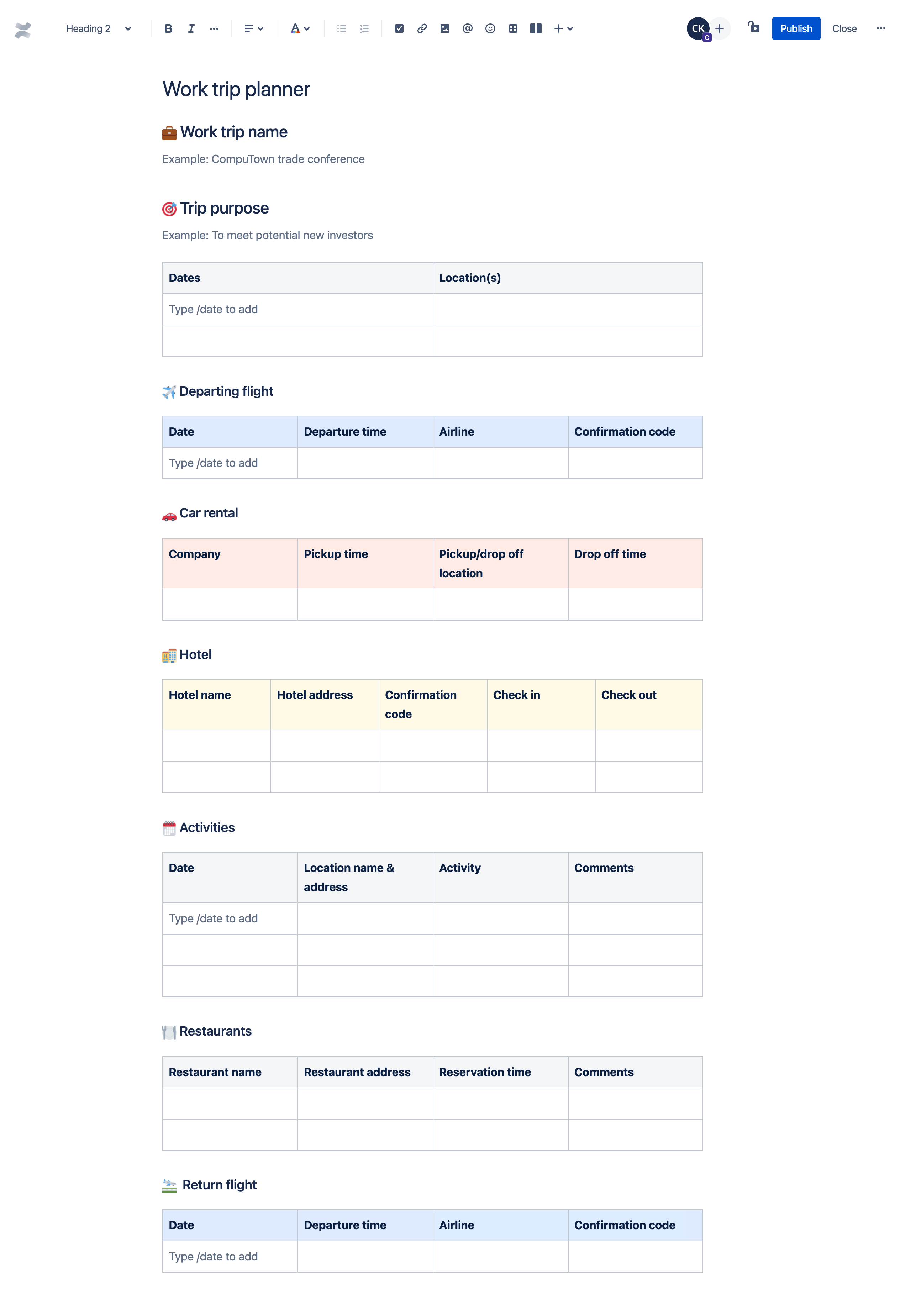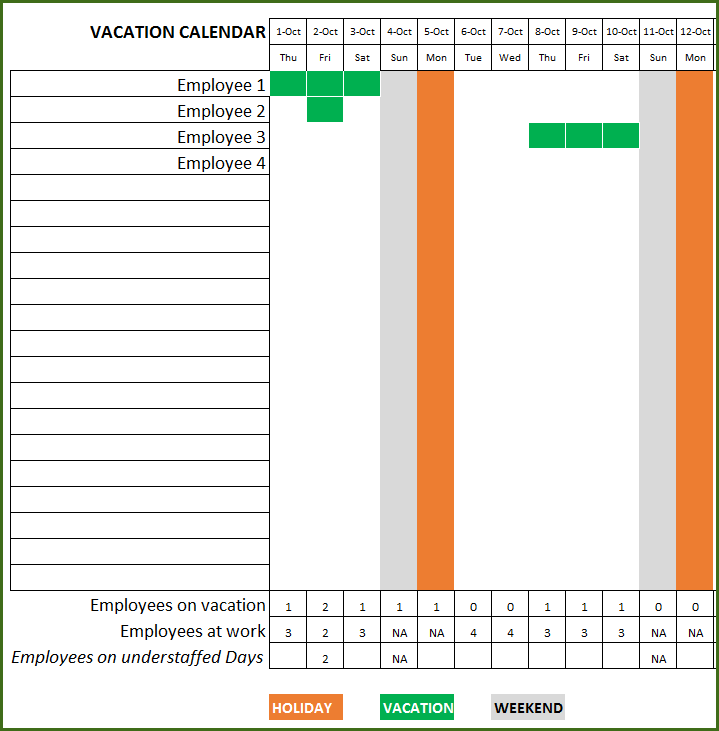Have you ever dreamt of turning your passion for travel into a career? As someone who has traversed through bustling cities, serene beaches, and enchanting mountains, I can attest that the world of travel planning is both rewarding and challenging. In this article, we’ll explore everything you need to know about travel planner employment, from essential skills to top destinations and even some personal travel experiences that shaped my journey.
What is a Travel Planner?
A travel planner, also known as a travel consultant or travel agent, assists clients in creating memorable vacation experiences. This role involves researching destinations, booking accommodations, and providing travel advice tailored to individual preferences. With the rise of online travel booking platforms, the travel planner’s role has evolved, requiring a blend of traditional skills and digital savvy.
Responsibilities of a Travel Planner
Key Duties
- Consulting with clients to understand their travel needs.
- Researching various travel options and creating itineraries.
- Booking flights, accommodations, and transportation.
- Providing clients with travel tips and destination highlights.
- Resolving any issues that arise before or during the trip.
Skills Required for Travel Planners
To excel as a travel planner, several skills are paramount:
- Communication: Clear communication ensures that clients feel understood and valued.
- Organization: Managing multiple itineraries and client requests requires exceptional organizational skills.
- Problem-solving: Travel plans can often change at the last minute, necessitating quick thinking and adaptability.
- Computer skills: Familiarity with booking systems and travel software is essential.
How to Become a Travel Planner
Education and Training
While a specific degree isn’t mandatory, many travel planners pursue courses in hospitality, tourism management, or business. Online tutorials and certifications from recognized organizations can enhance your skills and credibility in the field.

Gaining Experience
Experience is invaluable. Starting with an internship at a travel agency or gaining experience in a customer service role can provide crucial insights into the industry. Additionally, personal travel experiences can serve as a great foundation to share with potential clients.
Employment Opportunities
Potential Employers
| Type of Employer | Description | Pros and Cons |
|---|---|---|
| Travel Agencies | Work for an established agency with a regular client base. | Stability, access to resources | Potentially limited flexibility. |
| Freelance Travel Planners | Independent planners who work directly with clients. | Flexibility, personalized service | Uncertain income. |
| Corporate Travel Managers | Plan travel for business professionals. | Stable demand, good salary | Often involves tight deadlines. |

Exploring the Benefits of Being a Travel Planner
Why Choose This Career?
The benefits of becoming a travel planner include:
- Passion for Travel: You get to explore and share your love for travel with others.
- Income Potential: Depending on your client base and expertise, income can vary significantly.
- Flexible Schedule: Many planners can set their own hours and work from anywhere.
The Challenges of Being a Travel Planner
What You Should Be Aware Of
Like any job, being a travel planner has its downsides:
- Client Expectations: Meeting high expectations can sometimes be stressful.
- Market Competition: The rise of online booking tools means stiff competition.
- Irregular Income: Especially for freelancers, income may fluctuate.

Top Tools for Travel Planners
Essential Software and Apps
To streamline your travel planning process, consider using tools like:
- Travel Booking Software: Platforms like Sabre or Amadeus help manage bookings efficiently.
- Itinerary Planning Apps: Use apps like TripIt or Roadtrippers to organize travel plans seamlessly.
Personal Travel Experiences that Shaped My Journey
As a seasoned traveler, I’ve had the fortune of exploring enchanting lands and vibrant cultures. One unforgettable experience was during my trip to Thailand, where I delved into local markets and enjoyed traditional street food. This immersive experience not only enriched my travel knowledge but also enhanced my ability to advise clients on authentic experiences.

Comparison of Travel Planning Services
When setting up your travel planning service, you may be curious about existing options. Here’s a comparison of some popular travel planning services:
| Service | Rating | Price | Overview |
|---|---|---|---|
| Travel Leaders | 4.5/5 | Varies | Comprehensive travel options and personalized service. |
| AAA Travel | 4.6/5 | Membership required | Discounts on travel insurance and more. |
| Expedia | 4.2/5 | Free to use | Great for budget travelers but limited personal touch. |

Travel Tips for Aspiring Planners
Mastering the Art of Travel Planning
- Stay Updated: Keep abreast of travel trends and new destinations.
- Network: Building relationships with suppliers can lead to exclusive deals for your clients.
- Personal Touch: Always personalize your service to create a standout experience.
Destination Highlights: Client Recommendations
Top Destinations for Travel Enthusiasts
Based on my experiences and client feedback, here are some must-visit destinations:
- Bali, Indonesia: Known for its stunning beaches and rich culture.
- Paris, France: A hub of art, fashion, and history.
- Kyoto, Japan: Famous for its beautiful temples and cherry blossoms.

FAQs About Travel Planner Employment
1. What qualifications do I need to become a travel planner?
While a specific degree is not mandatory, having a background in hospitality or tourism can be beneficial. Relevant certifications in travel planning can also enhance your credibility.

2. How much do travel planners typically earn?
Travel planner salaries can vary widely, with averages ranging from $30,000 to $70,000 annually based on experience and clientele.
3. Is travel planning a good career choice?
For those passionate about travel and helping others, travel planning can be an incredibly fulfilling career. However, it does come with its challenges and requires resilience.
4. Can I be a travel planner from anywhere in the world?
Yes! Many travel planners operate remotely, allowing them to work from anywhere. However, understanding global travel regulations and languages may prove advantageous.
5. What tools should I use as a travel planner?
Commonly used tools include booking software like Sabre, itinerary planning apps like TripIt, and customer relationship management software to keep track of clients’ preferences.
Conclusion: Your Journey to Becoming a Travel Planner
Embarking on a career as a travel planner offers an exciting opportunity to combine your passion for travel with your professional aspirations. By acquiring the right skills and knowledge, you can help others navigate the world while enjoying the rewards and challenges of this dynamic field. Whether it’s creating the perfect itinerary or sharing insider tips, every travel planner has a unique story to tell.
So pack your bags, grab your laptop, and start planning, because the world awaits!